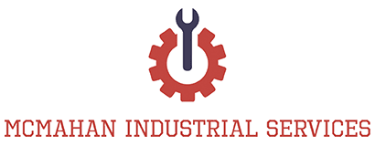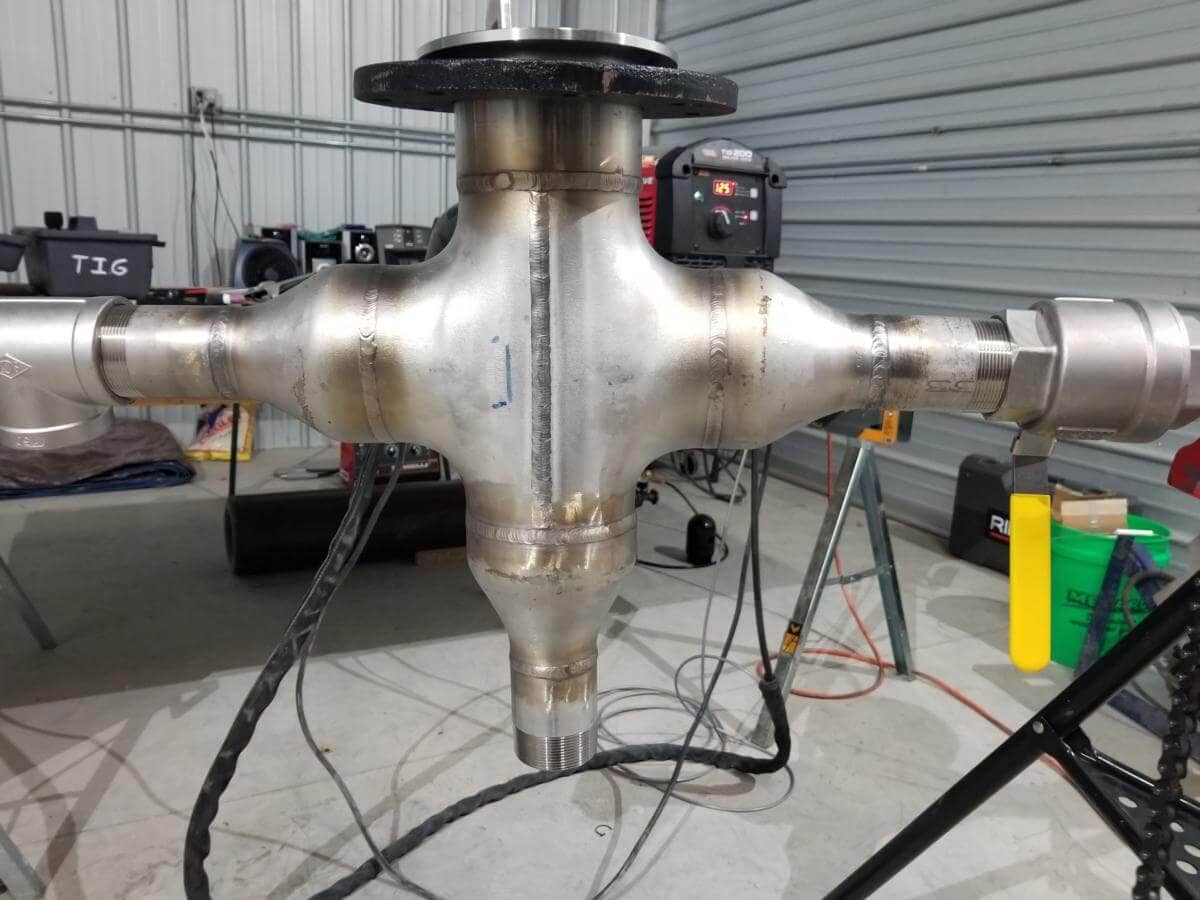Partnering with a skilled and certified industrial welder from McMahan Industrial Services in Iowa City, IA, is really important for the food and beverage industry. Keeping equipment that meets strict sanitary standards is a top priority.
A qualified welder needs to know how to perform sanitary welding, which ensures clean and smooth welds that follow strict industry rules. It's also crucial for welds to be corrosion-resistant to prevent contamination and keep equipment from wearing out.
Additionally, using high-temperature welding techniques helps equipment last longer. Regular sanitary audits can also help reduce the risk of contamination.
Sanitary Welding Expertise Required
In the food and beverage industry, safety and quality are super important. That's why having skilled welders who know how to do sanitary welding is crucial. They need to have the right knowledge and skills to create clean and smooth welds that follow strict rules.
To prove they meet these sanitary standards, welders should have special certifications, like those from the American Society of Mechanical Engineers (ASME) or the American Welding Society (AWS). These certifications show that a welder can make high-quality welds that meet the industry's tough requirements.
Corrosion-Resistant Welds Essential
In the food and beverage industry, equipment and facilities often face tough environments that can cause corrosion. That's why corrosion-resistant welds are so important—they help prevent contamination and ensure the equipment stays in good shape.
At McMahan Industrial Services, we know that preventing corrosion is a top priority because it can seriously impact product safety and quality.
Choosing the right materials is key to avoiding corrosion since some materials resist it better than others. When picking materials for welds, it's essential to consider things like the type of substance being processed, the surrounding environment, and how much cleaning and maintenance will be needed.
A skilled industrial welder at McMahan Industrial Services will keep all these factors in mind to make sure the welds are corrosion-resistant and meet safety and quality standards.
High-Temp Welding Techniques
Welding that's resistant to corrosion is really important for making sure equipment lasts a long time. In the food and beverage industry, high-temperature welding techniques are just as crucial because they often deal with extreme heat during processing and manufacturing.
When temperatures rise, specialized welding materials and techniques are needed to keep equipment safe and prevent any contamination. If welding isn't done properly, it can cause equipment to fail, spoil products, or even create safety risks.
They often use high-temperature-resistant alloys like stainless steel or Inconel, and they utilize techniques such as gas tungsten arc welding (GTAW) or shielded metal arc welding (SMAW).

Schedule an Industrial Welder Today!
Scheduling a sanitary audit is an important step for keeping food and beverage processing equipment safe and clean. By working with a qualified team from McMahan Industrial Services, you can spot potential contamination risks and ensure you're following industry regulations.
To ensure a thorough audit, a detailed checklist covering everything about the equipment's design, installation, and maintenance is essential. This includes checking whether the equipment meets sanitary standards set by the FDA and USDA.
Contact Us Today to meet your welder needs and let us exceed your expectations! Also, browse our project gallery for an idea of projects we undertake or check Google reviews.


